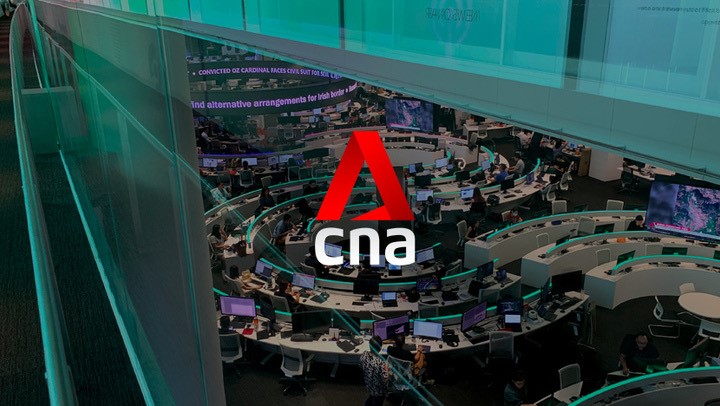TOKYO: The Tokyo Stock Exchange (TSE) wants Toshiba to make “rapid and appropriate” disclosures regarding its growing governance problems, including who is to blame, according to the bourse’s president, who also noted that transparency is still an issue. Hiromi Yamaji also told Reuters that activist investors, who have come under scrutiny as a result of Toshiba, may be a force for better shareholder involvement and governance in Japanese corporations.
His remarks show both a shift in Japanese attitudes toward activist investors and the extent to which the Toshiba affair has highlighted governance concerns throughout corporate Japan, which shareholders have said is long overdue.
“The main concern at Toshiba is a lack of openness,” Yamaji said in an interview late Friday (Jul 2), adding that investors want to know if shareholders were treated unfairly.
“We strongly urge Toshiba to make timely and proper disclosures of its own investigations, including who was responsible,” he said.
READ: Toshiba’s second-largest shareholder demands the board chair and three directors quit immediately.
Toshiba collaborated with the government to exert pressure on foreign owners, according to an independent investigation released last month.
The TSE, which is owned by Japan Exchange Group, sees 65 percent of its trading volume come from outside investors (JPX).
While some activists are only interested in making short-term gains, Japan is seeing an increase in individuals who are more productive, according to Yamaji.
“The presence of such activists could be helpful in the sense that they can create conversation between shareholders and firms,” the former Nomura Holdings banker said.
REVAMPING THE MARKET
After an initial revision in April next year, Yamaji believes the bourse would tighten the criteria for companies to stay on its main board.
By strengthening the standards to remain on the bourse’s first segment, which will be dubbed the “primary market,” the adjustment aims to improve companies’ profitability and governance.
Companies must have a free-floating market capitalization of at least $10 billion (US$90 million) and at least 35% of their total shares must be free-floating. They’ll also need to implement a stricter governance policy in areas like transparency and board diversity. He wouldn’t say how many businesses would be downgraded. According to analysts, almost 30% of the nearly 2,200 listed companies could be forced out of the first division. Many investors believe the exchange should set greater requirements, which Yamaji recognizes. He stated, “We don’t think (the existing criteria) is our final goal.” “Every three years, the corporate governance code will be reviewed. So now could be a good moment to rethink our criteria as well.” After the launch this year of Appier, a Taiwanese AI technology firm, and Omni Plus System, a Singapore plastics producer, he anticipates more Asian companies to list in Tokyo. Tokyo is an appealing destination for Asian corporations to raise funds because of its political stability, stable regulatory environment, and large family savings, he said, adding that the bourse was doing more marketing in countries like Hong Kong and Singapore. “More Asian companies are beginning to consider Japanese markets as a potential IPO destination,” he said./n


